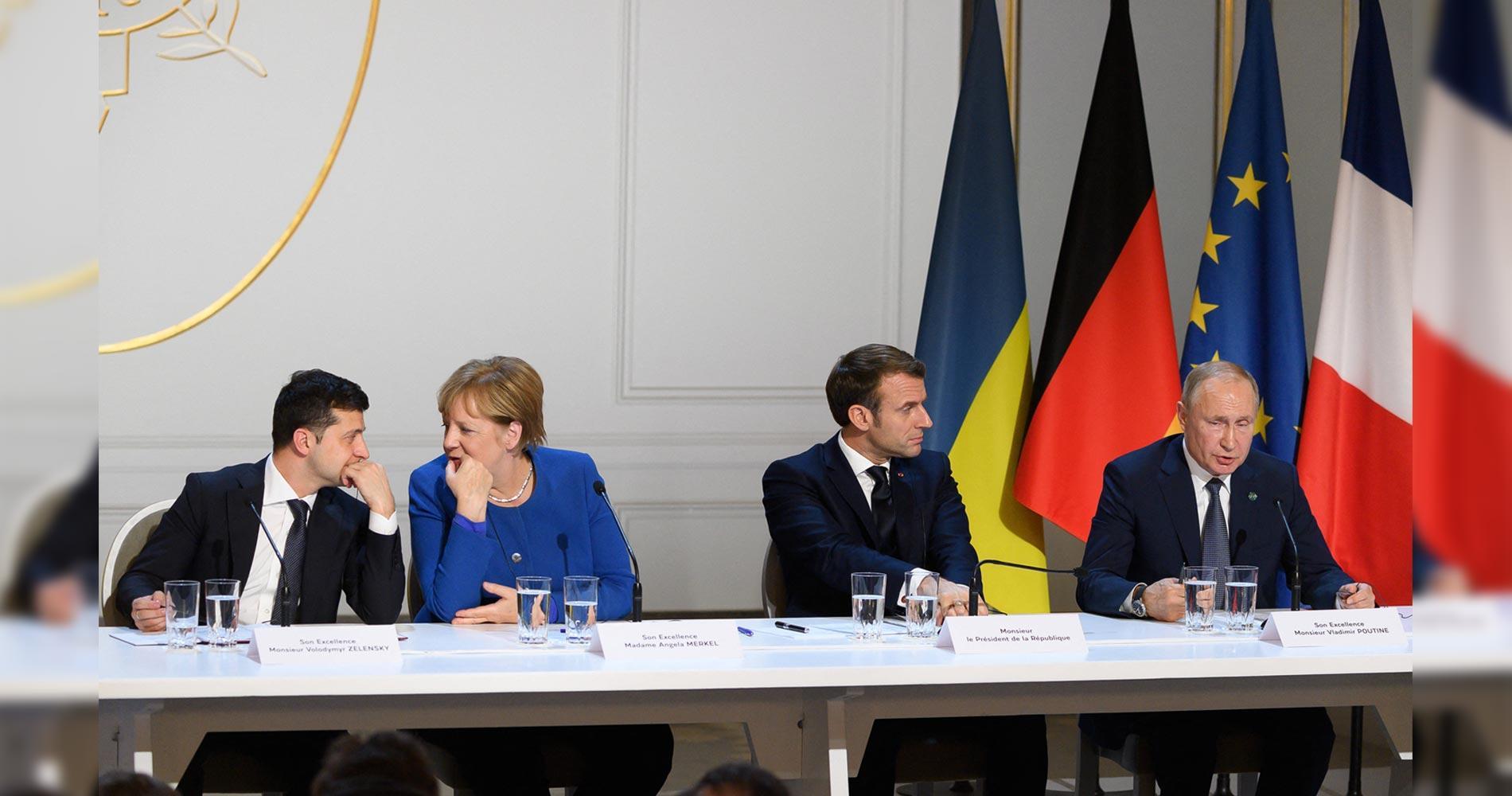Are violators the real beneficiaries of treaties? The violators of past arms control agreements between the nuclear superpowers gained the possibility of developing and implementing new offensive and defensive missile systems, at the cost of decreasing strategic stability, decreasing mutual trust and confidence. Nuclear Weapons States (NWS) are in violation of their NPT obligations under Article VI, as are all states involved in nuclear sharing. The Minsk Agreements could possibly have prevented the Russia-Ukraine war and hundreds of thousands of deaths if the Agreements had not been violated? Are pacta sund servanda a tenet of the past?
Frances Mautner Markhof, 29 August 2023
Chinese version | Spanish version
Treaty violations are nothing new and may have become the new normal. Throughout history there have been violations of treaties and agreements, often with disastrous consequences. Many but not all lessons have been learned, among which are to “trust but verify”, and not to demand abusive treaties to destroy an already defeated enemy, which the victors of WWII realized, but the 1919 Treaty of Versailles ending WWI did not.
Treaties create a space in which international law should prevail. Those states which have arranged privileged positions or exemptions for themselves within or outside the treaty framework are the ones who benefit most.
Violations of the Nuclear Nonproliferation Treaty (NPT)
The NPT is key example of a treaty where what was left out has become as or more important and determining than what was included. In addition to no mechanisms for punishing or stopping violations by nuclear weapons states (NWS) and non-nuclear weapons states (NNWS), the NPT has no power over states which are not parties to the NPT and have developed and possess nuclear weapons (India, Israel, Pakistan, DPRK). One could thus argue that the NPT was intended to control those NNWS which basically had/have no intentions or power to develop nuclear weapons.
Key countries outside of the NPT regime but still IAEA Member States (India, Israel, Pakistan, except for the DPRK) have developed and produced their own nuclear weapons outside of any system of monitoring or control. This violates the IAEA Statute which requires that all activities of its Member States be for the peaceful uses of nuclear energy, under international IAEA safeguards where required. Nevertheless, India, Israel and Pakistan remain members of the IAEA. For the US and its NATO (and other) allies, this situation regarding non-NPT states possessing nuclear weapons has now been accepted as a fait accompli (except for the DPRK); for others, it is a violation of the spirit and letter of the NPT.
Rather than fulfilling their NPT Article VI obligations on arms control and disarmament, the NWS are in fact upgrading their nuclear capabilities. Those states which refused to accede to the NPT (India, Israel, Pakistan—the “unofficial” NWS), or withdrew from the NPT (as did the DPRK), have developed and possess nuclear weapons at little or no cost, except for the sanctions on DPRK.
It has long been recognized that the NPT created and certified a “two-class” system regarding the possession of nuclear weapons, whereby those with such weapons were seen to be in a higher or more privileged “class”. This is a key reason why India never had any intention of adhering to the NPT. Both the NWS and the unofficial NWS thus possess a powerful dimension of political, military and security clout—the “two-class system” is real.
Violations of other Arms Control/Disarmament Agreements
Citing Russian violations, the US withdrew from the Anti-Ballistic Missile Treaty on 13 June 2002 leading to its termination and thus allowing the US to develop and deploy missile defense systems. Russia’s response was to increase its nuclear capabilities and declare it would no longer be bound by the 1993 START II Treaty. The US, claiming Russian violations, withdrew from the Intermediate Range Nuclear Forces (INF) on 1 August 2019, and Russia responded by withdrawing from the INF on the next day, citing US violations.
In the end, no one gained except the military-industrial complexes of both countries, now free to develop, produce, deploy and sell more advanced weapons, i.a., to support an arms race. What was lost were confidence-building measures and mutual trust between nuclear powers, and key pillars of strategic stability.
Nuclear Sharing Violations of the NPT—Cui Bono
A special beneficiary of the NPT regime is the US which, in violation of its NPT obligations, has stationed nuclear weapons in five NATO countries via its nuclear sharing agreements. Nuclear Sharing (NS), or bilateral nuclear cooperation agreements between the US and five of its NATO allies, involves the stationing of US nuclear weapons on the territories of these allies, claiming this is necessary for US extended deterrence, or protection under the US nuclear umbrella. NS violates the NPT obligations of both the US and the NATO allies involved,
The NATO allies involved in NS argue that NS gives the country in question some influence on the use or threat of use of US nuclear weapons based on its territory — all of which defy both experience and reality. What NS assures is that the European NATO allies will become prime targets and the next battlefield in any conflict between nuclear adversaries.
US extended nuclear deterrence is provided to Japan and the Republic of Korea without stationing nuclear weapons on their territories but rather basing them in the US. The US is thus able to extend nuclear deterrence and its nuclear umbrella without deploying its nuclear weapons on the territories of these allies.
Minsk Agreements Violations
A current and critical example of violation of treaties relates to the so-called Minsk Agreements. The Minsk accords involve two agreements signed by Ukraine, Russia and the Organization for Security and Cooperation in Europe (OSCE), the leaders of the Luhansk and Donetsk oblasts (districts) and overseen by Germany and France, in the so-called Normandy Format. As is often the case, there was no realistic enforcing mechanism for the Minsk accords.
The Minsk Agreements of 2014 and 2015 were intended to end the conflict in the Russian-speaking Donbas region of Ukraine, following the Maidan “revolution “in 2014 which deposed the pro-Russian elected Kyiv government. This conflict had gone on for years, waged between the Kiev government and the Donbas. The Minsk documents confirmed both Ukrainian sovereignty over the Donbas as well as the autonomy of the Luhansk and Donetsk oblasts in the Donbas region, where primarily Russian-speaking Ukrainians live. The parties to Minsk agreed, i.a., to a ceasefire, the withdrawal of heavy weapons, holding elections in the region, and monitoring and verification by the OSCE.
It is generally agreed that the provisions and obligations of the Agreements have never been actually implemented, and indeed this was never intended.
International Treaty Violations: Who Will Guard the Guardians?
Ukraine President Volodymyr Zelensky stated in February 2023 in an interview with the German news magazine “Der Spiegel” that he had previously told Chancellor Angela Merkel and French President Emmanuel Macron that the Minsk Agreements were “impossible” and that “we cannot implement” them. He said he gave lip service to these agreements to negotiate a prisoner swap with Russia and to give Ukraine more time to prepare for war.
The Minsk agreements were intended to be violated from the start, which Germany’s former Chancellor Angela Merkel surprisingly admitted in her now famous 7 December 2022 interview with die Zeit:
“The 2014 Minsk Agreement was an attempt to buy time for Ukraine. Ukraine used this time to become stronger, as you can see today. Ukraine in 2014-2015 and Ukraine today are not the same.” According to the ex-Chancellor, “it was clear for everyone” that the conflict was suspended and the problem was not resolved, “but it was exactly what gave Ukraine the priceless time.” Merkel was awarded her country’s highest order of merit, the Grosskreuz or Large Cross in April 2023, despite criticism over her legacy.
Thus, treaty violations have become a question of “how” and “cui bono?” But quis custodiet ipsos custodes? — Who will guard the guardians?






